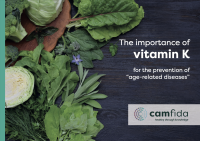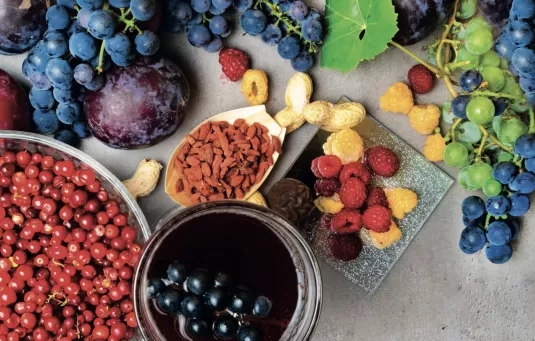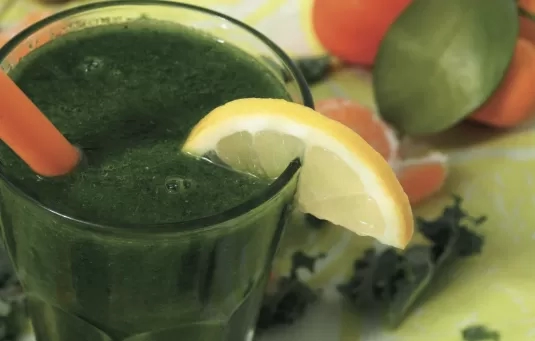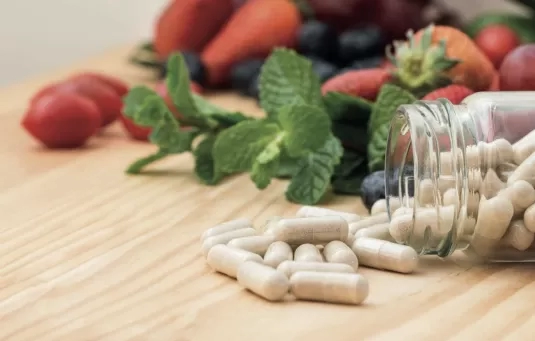Vitamin K: nutrition or supplementation?
The best way to prevent or correct a vitamin K deficiency, is to eat plenty of vitamin K1-rich foods, especially green leafy vegetables and brassicas such as kale, broccoli, cauliflower, and spinach, alfalfa, seaweed, and parsley.
Although vitamin K2 is more active and has many important functions, vitamin K1 is equally important. Vitamin K1 is a food source for certain intestinal bacteria that produce various forms of vitamin K2 from it. Vitamin K1 can also be used to make menadione, which helps destroy cancer cells.
Although vitamin K2 is more active and has many important functions, vitamin K1 is equally important. Vitamin K1 is a food source for certain intestinal bacteria that produce various forms of vitamin K2 from it. Vitamin K1 can also be used to make menadione, which helps destroy cancer cells.
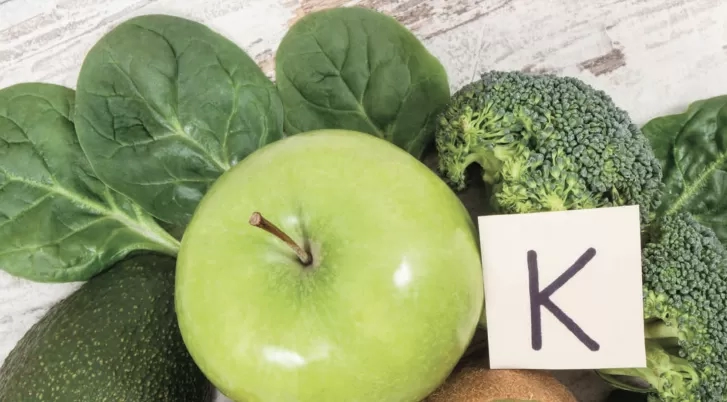
Request brochure
